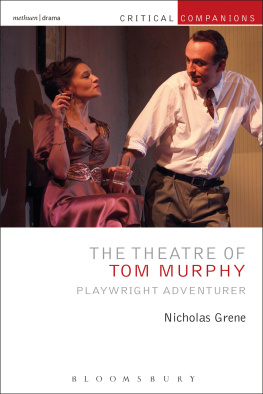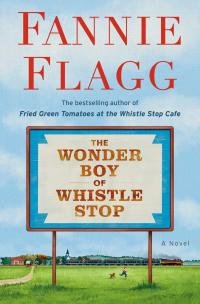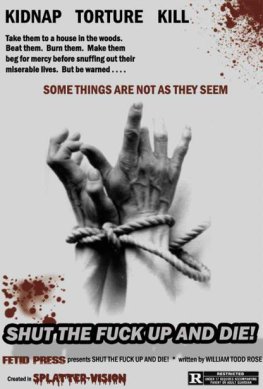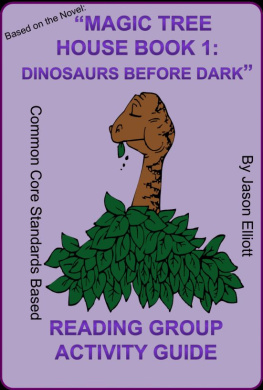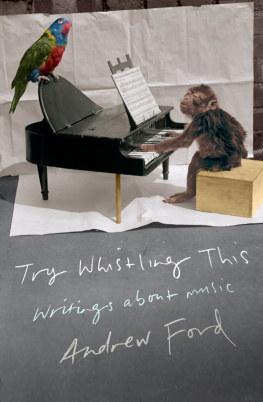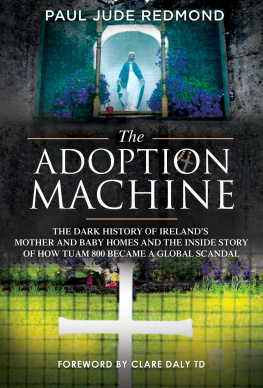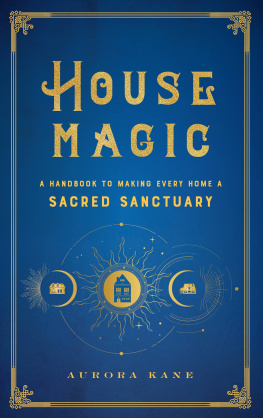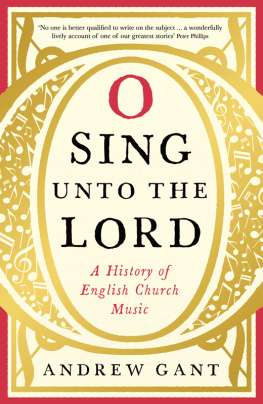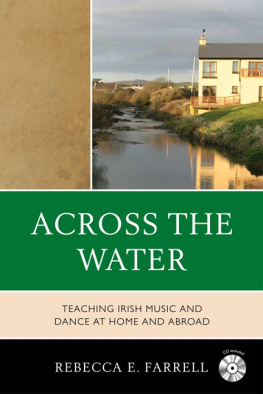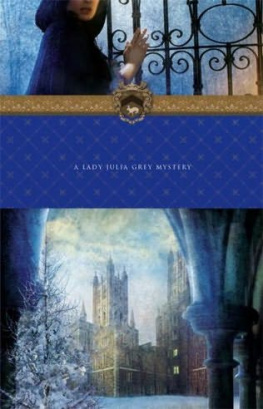THE THEATRE OF TOM MURPHY
Nicholas Grene is Emeritus Professor of English Literature at Trinity College Dublin and a member of the Royal Irish Academy. He has published widely on Shakespeare and on Irish literature. His books include The Politics of Irish Drama (1999), Shakespeares Serial History Plays (2002), Yeatss Poetic Codes (2008) and Home on the Stage (2014). With Chris Morash he is the co-editor of the Oxford Handbook of Modern Irish Theatre (2016).
Also available in the Critical Companions series from
Bloomsbury Methuen Drama:
BRITISH MUSICAL THEATRE SINCE 1950
Robert Gordon, Olaf Jubin and Millie Taylor
BRITISH THEATRE AND PERFORMANCE 19001950
Rebecca DMont
A CRITICAL COMPANION TO THE AMERICAN STAGE MUSICAL
Elizabeth L. Wollman
DISABILIITY THEATRE AND MODERN DRAMA: RECASTING MODERNISM
Kirsty Johnston
MODERN ASIAN THEATRE AND PERFORMANCE 19002000
Kevin J. Wetmore, Siyuan Liu and Erin B. Mee
THE PLAYS OF SAMUEL BECKETT
Katherine Weiss
THE THEATRE OF ANTHONY NEILSON
Trish Reid
THE THEATRE OF EUGENE ONEILL
Kurt Eisen
THE THEATRE OF TENNESSEE WILLIAMS
Brenda Murphy
VERSE DRAMA IN THE ENGLAND, 19002015: ART MODERNITY AND THE NATIONAL STAGE
Irene Morra
For a full listing, please visit www.bloomsbury.com/series/critical-companions/
For Gregory
THE THEATRE OF TOM MURPHY
PLAYWRIGHT ADVENTURER
Nicholas Grene
Series Editors: Patrick Lonergan and Kevin J. Wetmore, Jr.
Bloomsbury Methuen Drama
An imprint of Bloomsbury Publishing Plc

CONTENTS
I wrote this book in 201516, the first year of my retirement from Trinity College Dublin. But before that I had several opportunities to teach Murphys plays in the School of English, most recently in a specialist course on Friel and Murphy in 2014. I am grateful to the students of that course for help in forming the ideas expressed in this book. Some of the material used in was previously published in Hungry Words: Images of Famine in the Irish Canon , George Cusack and Sarah Gross (eds) (Dublin; Portland, OR: Irish Academic Press, 2006). I benefited from the help of Barry Houlihan in the Special Collections of the Hardiman Library, NUI, Galway, Ireland, in accessing the digitized archives of the Abbey and Druid Theatre Company, and from all the staff of the Manuscripts Department of Trinity College Dublin Library, which holds the major collection of Murphys papers. Patrick Lonergan, the co-editor of the series in which this book is published, was very supportive with an encouraging response to drafts of the early chapters. I appreciate also the positive attitude to the project of Mark Dudgeon and Susan Furber at Bloomsbury Methuen Drama, and the kindness and efficiency of Alexandra Cann, Murphys literary agent, in arranging permissions.
All quotations from the published plays of Tom Murphy are reproduced by kind permission of the author and of the publisher, Bloomsbury Methuen Drama. All quotations from the unpublished material in the collection of the Murphy papers in the Library of Trinity College Dublin are by kind permission of the author.
I am very grateful to Lucy McDiarmid and Alexandra Poulain for contributing their fine essays to this book. My greatest debt of gratitude is to Tom Murphy himself not only for his generosity and patience in granting me an extended series of interviews but for creating the magnificent plays that are the books subject.
The book is dedicated to my brother Gregory who shares a love of the theatre, which we both gained from our father before us.
Nicholas Grene
Trinity College Dublin
Ireland
January 2017
Plays (dates given are those of first professional production)
A Whistle in the Dark (Theatre Royal, Stratford East, 1961)
Famine (Peacock Theatre, 1968)
The Orphans (Gate Theatre, 1968)
A Crucial Week in the Life of a Grocers Assistant (Abbey Theatre, 1969)
The Morning After Optimism (Abbey Theatre, 1971)
The White House (Abbey Theatre, 1972)
On the Outside / On the Inside (Project Arts Centre/Abbey Theatre, 1974)
The Sanctuary Lamp (Abbey Theatre, 1975)
The J. Arthur Maginnis Story (Pavilion Theatre, Dun Laoghaire, 1976)
The Blue Macushla (Abbey Theatre, 1980)
The Gigli Concert (Abbey Theatre, 1983)
Conversations on a Homecoming (Druid Theatre, 1985)
Bailegangaire (Druid Theatre, 1985)
A Thief of a Christmas (Abbey Theatre, 1985)
Too Late for Logic (Abbey Theatre, 1989)
The Patriot Game (Peacock Theatre, 1991)
The Wake (Abbey Theatre, 1998)
The House (Abbey Theatre, 2000)
Alice Trilogy (Royal Court, 2005)
Brigit (Town Hall Theatre, Galway, 2014)
Adaptations
The Vicar of Wakefield (Abbey Theatre, 1974), subsequently revised as She Stoops to Folly (South Coast Repertory Theatre, California, 1995)
Epitaph under Ether (Abbey Theatre, 1979)
The Informer (Olympia Theatre, 1981)
She Stoops to Conquer (Abbey Theatre, 1982)
The Drunkard (Town Hall Theatre, Galway, 2003)
The Cherry Orchard (Abbey Theatre, 2004)
The Last Days of a Reluctant Tyrant (Abbey Theatre, 2009)
Television Plays
The Fly Sham (BBC Television, 1963)
Veronica (BBC Television, 1963)
A Crucial Week in the Life of a Grocers Assistant (BBC Television, 1967)
Snakes and Reptiles (BBC 2, 1968)
A Young Man in Trouble (Thames Television, 1970)
Brigit (RT, 1987)
Novel
The Seduction of Morality (Little Brown, 1994)
In April 1984 I went to the revival of The Gigli Concert in the Abbey, my first ever experience of Tom Murphy in the theatre. I had missed its premiere the previous autumn, and indeed all of his earlier work staged in Ireland, having been out of the country from 1969 to 1979. I had struggled with reading the texts of plays such as The Morning after Optimism and The Sanctuary Lamp . Gigli thus came as a complete revelation: the audacity of the conception of the man who wants to sing like Gigli, the astonishing performance of Godfrey Quigley in the part, the counterpointing of the music and the action, the miraculous tour de force when Tom Hickey as JPW King sang at the end. It was for me one of those transformative nights in the theatre. And there were more of them to come shortly after: the pitch perfect ensemble playing of the Druid Theatre company in Conversations on a Homecoming in 1985, Siobhn McKennas amazing Mommo in Bailegangaire when the Druid production came to Dublin in 1986. From then on, I made it my business to see all of Murphys new plays and get to any revivals I could find. I wrote essays on his work, organized a small symposium to accompany the 2001 Abbey season of his plays and became a devoted acolyte.
What impressed me most about those 1980s plays and has held my admiration ever since is Murphys daring theatrical imagination. He has often made the distinction between what he calls the formula method of playmaking and the adventure method. The formula approach involves figuring the angles, thinking of the market and building a well-shaped vehicle for the stage with sure-fire dialogue and canny theatrical effects. The adventure method, which he himself favours, requires the playwright to follow wherever the initial notion takes him or her. It is a high-risk strategy and in Murphys case the risks have not always paid off there have been some disastrous failures but such is the adventure of the theatre for Murphy.

